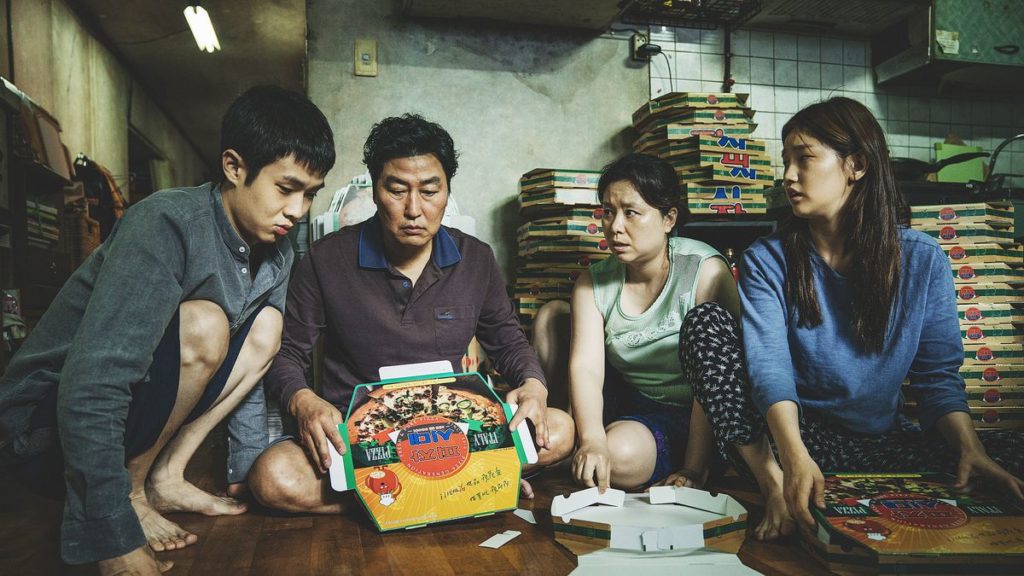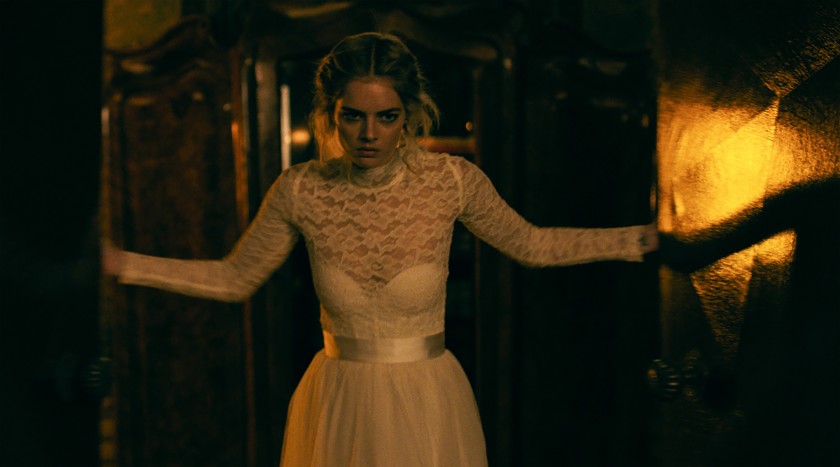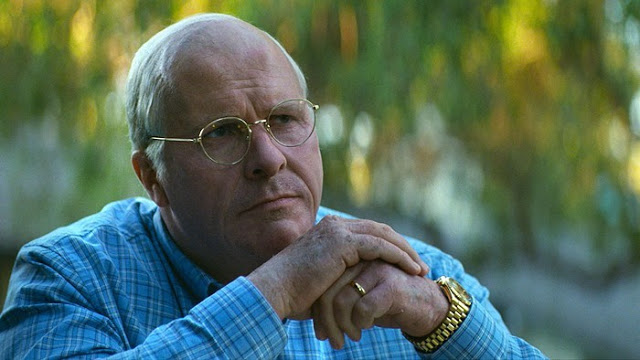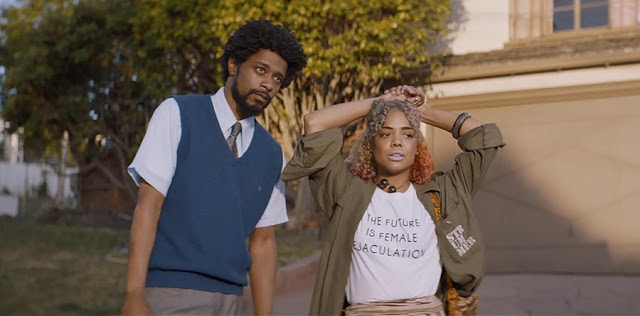Parasite: Out of the Basement, Climbing the Social Ladder

The underground is both a geographic location and a lowly caste in Parasite, the electrifying new movie from Bong Joon-ho. In this tonally shifting and artistically unwavering film—it’s part comedy, part thriller, all silky craft—the social order is upended with mayhem and precision, as the dwellers of the subterrane invade the castles of the aristocracy. Yet Parasite’s ravishing, blood-soaked imagery is complemented by its patience, its humor, and its observational savvy. Consider that it largely transpires in two different homes, whose contrasting layouts illuminate a crucial truth: that some basements are more equal than others.
The film’s title suggests an infestation, though Bong, who also wrote the screenplay with Han Jin-won, plays it coy, leaving open to interpretation just who’s the scourge and who’s the plagued. What’s obvious from the jump, however, is that Parasite is a movie about class. This is nothing new for Bong; in Snowpiercer, he imagined a giant train that separated its inhabitants according to their inherent station, a rigid hierarchy enforced by Tilda Swinton, who brutally reminded the steerage occupants of their lesser status with a chillingly didactic fable featuring the edict, “Be the shoe.” The stratification in Parasite may not be as linear, but it’s still firmly in place, visible to the eye and—as becomes at first amusingly and then grotesquely clear—detectable to the nose. Read More




